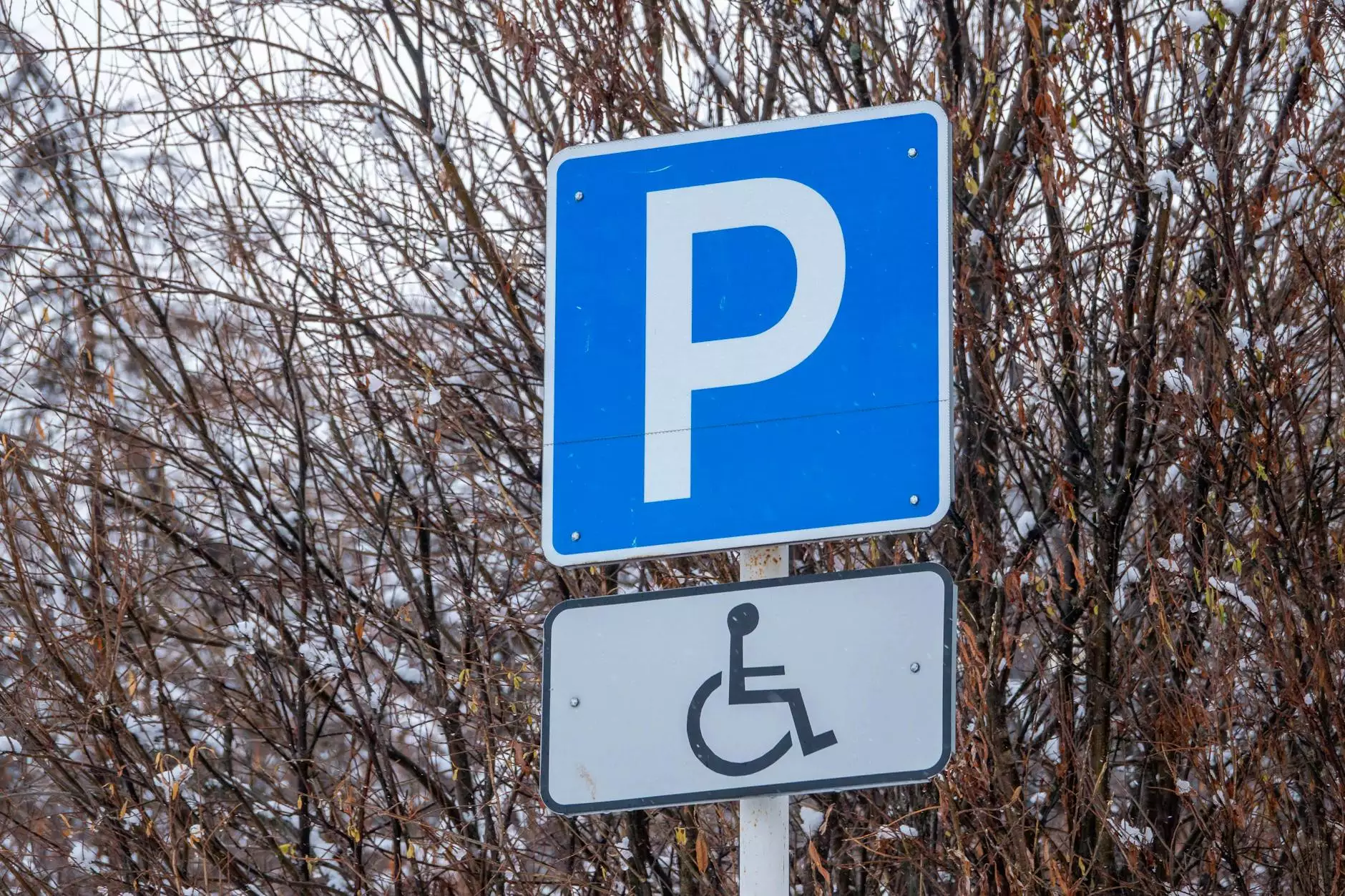Understanding the Legal Age for Driving in the UK

When it comes to the legal age for driving in the UK, there are several important aspects that both new and aspiring drivers need to understand. The age at which individuals can obtain their driving license is a foundational piece of information that influences not only personal freedom but also safety on the roads. In this comprehensive article, we will delve into the details surrounding the legal age for driving in the UK, associated requirements, and additional factors impacting young drivers.
The Minimum Age to Drive in the UK
The minimum age to hold a full driving license in the UK is 17 years. However, there are specific conditions under which individuals may begin driving earlier:
- 16 years: You can drive a moped or a light quad bike, but this is not applicable for standard cars.
- 17 years: You are eligible to apply for a provisional driving license and can begin driving a car under certain conditions.
Applying for a Provisional Driving License
Before one can hit the roads, the first step is obtaining a provisional driving license. Here are the essential requirements:
- You must be at least 16 years old to apply for a moped license, and 17 years old for a car license.
- Be a resident of Great Britain.
- Provide identity documents, such as a passport or birth certificate.
- Pass an eyesight test.
Applying for a provisional license can be done online through the GOV.UK website, making it a straightforward process for applicants. Once you have your provisional license, you can begin practicing driving, typically under the supervision of an experienced driver.
Driving Lessons and The Role of Instructors
Once you have your provisional license, the next step in becoming a fully licensed driver involves taking driving lessons. It is highly advisable to invest in some professional lessons with a qualified driving instructor who can equip you with the necessary skills and knowledge:
- Learning the Rules of the Road: Instructors will teach you about road signs, signals, and the rules that govern road safety in the UK.
- Practical Driving Skills: You'll gain hands-on experience, which can greatly enhance your confidence behind the wheel.
- Preparation for the Driving Test: Professional lessons will help you prepare for both the theory and practical driving tests.
The Driving Test: What to Expect
To obtain a full driving license, candidates must pass both a theory and a practical driving test. Understanding the structure of these tests can help ease the anxiety associated with testing:
Theory Test
The theory test assesses your understanding of road signs, driving laws, and hazard perception.
- Multiple Choice Questions: Candidates must answer 50 questions in a set time frame, with a passing score of 43 out of 50.
- Hazard Perception: A series of video clips where candidates must identify potential hazards. A score of at least 44 out of 75 is required to pass.
Practical Test
The practical driving test lasts approximately 40 minutes and involves:
- Driving in various road and traffic conditions.
- Performing specific maneuvers, such as parallel parking and emergency stops.
- A demonstration of the candidate's ability to follow navigation instructions.
After Passing the Driving Test
Upon successful completion of both tests, drivers will receive their full driving license. However, it is crucial to understand some additional responsibilities:
- Provisional License Limitations: New drivers are subject to certain restrictions during their first two years.
- Insurance Requirements: You must insure your vehicle before driving on public roads.
- Continued Education: As a driver, always be aware of changes in road laws and consider further driving education to enhance your skills.
The Importance of Road Safety and Responsibility
Understanding the legal age for driving in the UK isn't solely about age and licenses but also about embracing the responsibility that comes with driving. New drivers are statistically more likely to be involved in accidents, making road safety education paramount. Here are some vital points to consider:
- Know Your Limits: Young drivers should be aware of their driving capabilities and avoid distractions.
- Understand Legal Obligations: Always adhere to speed limits and laws, including restrictions for new drivers.
- Seek Guidance: Don’t hesitate to ask experienced drivers for advice or mentorship.
The Road Ahead: Future of Driving for Young Drivers in the UK
As technology in transportation continues to evolve, young drivers in the UK face a future filled with exciting innovations such as electric vehicles and autonomous driving. Being aware of these advancements can have several benefits:
- Environmental Awareness: Understanding the benefits of eco-friendly vehicles can help you make informed choices regarding your driving habits and vehicle selection.
- Latest Safety Features: New vehicles come equipped with advanced technologies that enhance safety, such as automatic braking systems and collision warnings.
- Adapting to New Regulations: Staying informed about changing regulations surrounding new technologies will ensure compliance and safety.
Conclusion
In conclusion, the legal age for driving in the UK serves as a pivotal point for aspiring drivers, marking the beginning of a journey filled with both freedom and responsibility. From applying for a provisional license to pursuing proper driving education and navigating the driving test, understanding these elements is essential. More importantly, the commitment to road safety and continued learning will benefit not only the individual driver but also the greater community in which they operate. Embrace the adventure of driving, and remember that with great power comes great responsibility.
legal age for driving in uk








